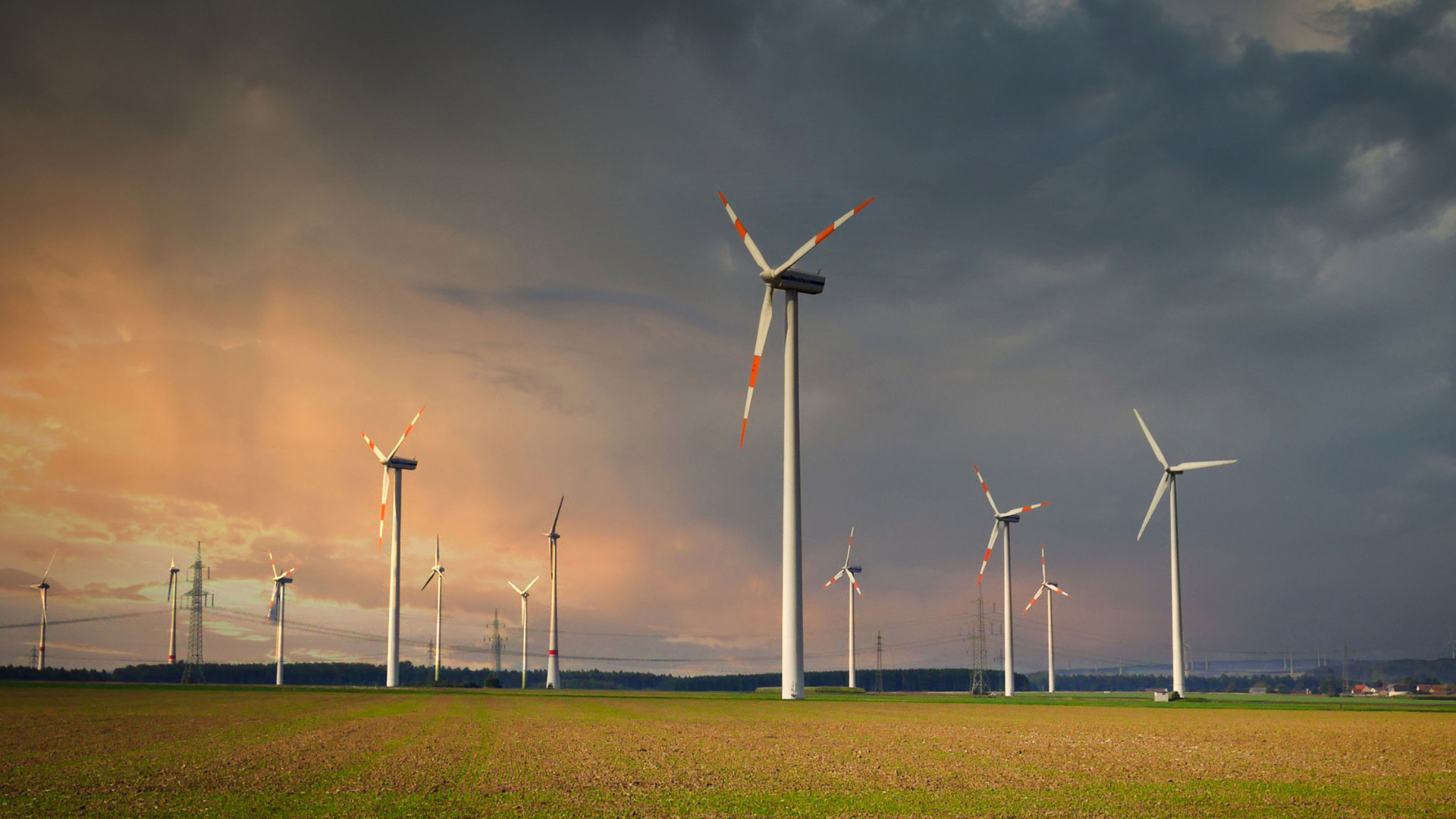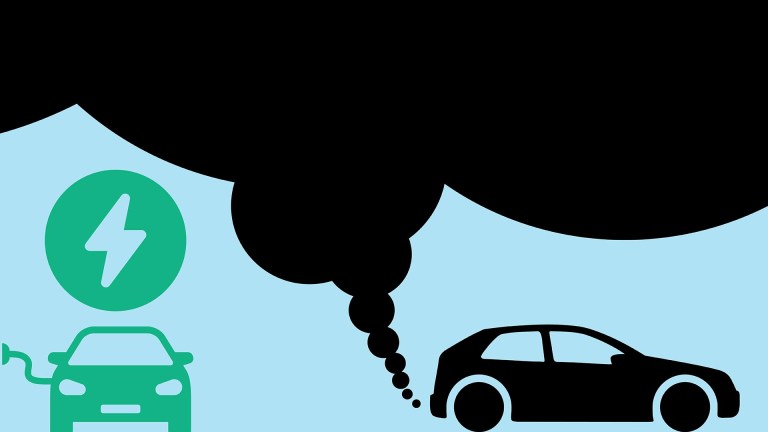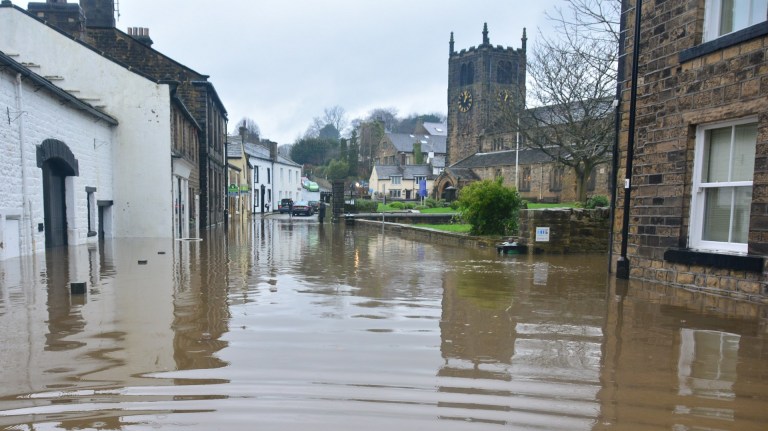“Our new international trade deals, the levelling up agenda – all must fit in the plan to reach net zero.”
Lockdowns have taken income away from hundreds of Big Issue sellers. Support The Big Issue and our vendors by signing up for a subscription.
The Government said it was “nonsense” to claim it didn’t have a plan as it had been “leading the world” in tackling climate change.
When delivering the Budget earlier this week, Chancellor Rishi Sunak declared plans for investment in green industries through a £12 billion UK infrastructure bank, a Government-backed green bond and new locations for offshore wind farms.
But environmental campaigners accused Sunak of not going far enough. They also raised concern over other measures in the statement, including another fuel duty freeze and plans to build a new deep coal mine in Cumbria.
Kate Norgrove, executive director of advocacy and campaigns at wildlife charity WWF, said the Government needed to apply a net-zero test to overall Government spending to ensure new investment policies didn’t “undermine” the UK’s climate goals.
“You can’t find your way without a map, and we can’t reach net zero by 2050 without a detailed plan of action,” she said.
“To show true leadership ahead of the Glasgow climate summit, we must act now to limit warming to 1.5 degrees.
“Every half-a-degree beyond that could result in devastating impacts for people, nature and our global economy.”
Mike Childs, head of policy at Friends of the Earth, said the committee findings suggested the Government was “long on rhetoric but short on action” when dealing with the climate crisis.
Childs said: “With the world on the brink of catastrophic climate change, why is there still no national plan to insulate our heat-leaking homes, fund the mass roll-out of eco-heating, or make public transport an efficient and affordable alternative to the car? And why are local authorities still starved of the cash and powers they need to help communities go green?
“Without a comprehensive action plan to meet its net-zero target, the Government risks being a massive embarrassment when it hosts the forthcoming climate summit in Glasgow.”
A Government spokesperson said: “It is nonsense to say the Government does not have a plan when we have been leading the world in tackling climate change, cutting emissions by almost 44 per cent since 1990 and doing so faster than any other developed nation in recent years.
“Only this week in the Budget we built on the Prime Minister’s Ten Point Plan for a green industrial revolution by encouraging private investment in green growth, and we are bringing forward bold proposals to cut emissions and create new jobs and industries across the whole country.”









